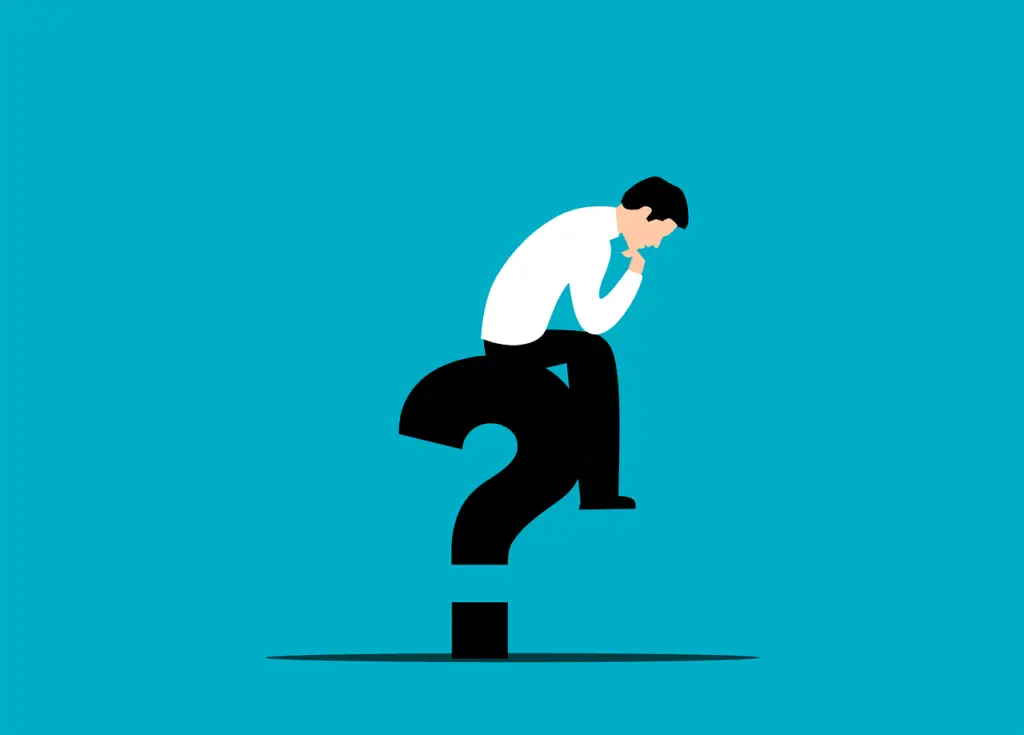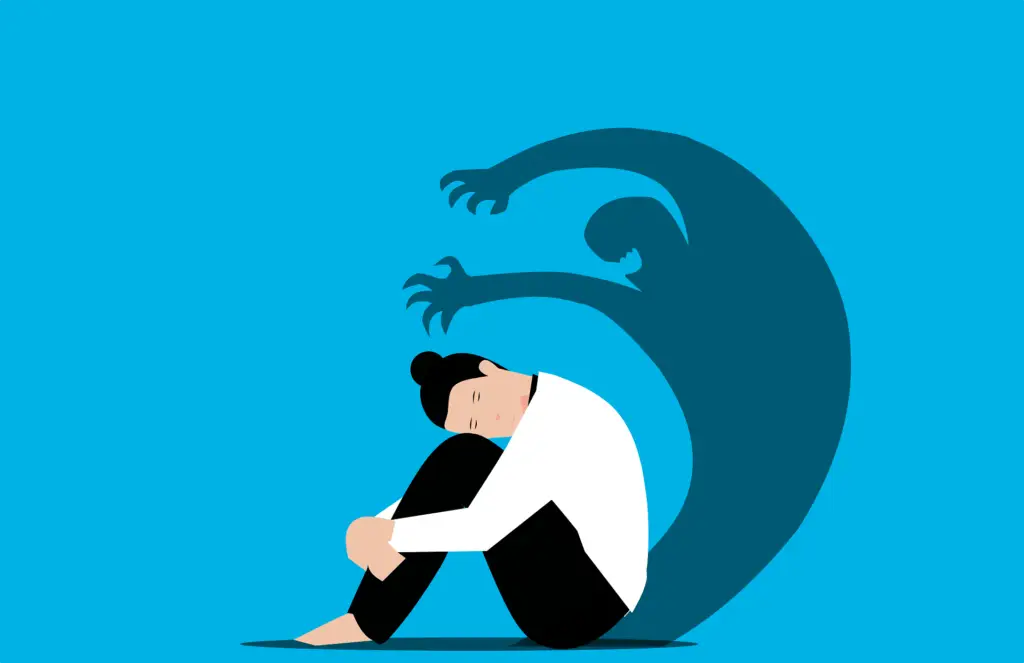Table of Contents
Table of Contents
Table of Contents
How to Avoid Stress and Its Impact on Your Health

If you think avoiding stress is as simple as dodging a flying frisbee at the park, think again. Stress has a knack for sneaking up on you—much like that forgotten pizza delivery bill from three months ago. Let’s unravel this sneaky phenomenon and discover how to outwit it before it outwits you. Spoiler: «stress post trauma» isn’t just a phrase; it’s an unwelcome guest you’d rather not entertain.
What Is Stress, Really?

Stress is like that nosy neighbor who peeks over the fence at the worst possible time. It’s your body’s way of reacting to challenges, deadlines, or when the Wi-Fi suddenly stops working. Short-term stress can be motivating, like a coach yelling at you from the sidelines. But long-term stress? That’s when it starts packing a suitcase and moving into your guest room.
The Stress Post Trauma Cycle

Ever feel like stress comes in waves—just when you’ve barely dried off from the last one? That’s what experts call the «stress post trauma» cycle. Whether it’s caused by a harrowing experience or your toddler deciding crayons belong on the wall, trauma can have a sneaky way of keeping stress on repeat. Post-traumatic stress disorder (PTSD) is no joke, so let’s tackle it with some humor and science.
Why Does Stress Wreak Havoc on Your Health?

Picture your body as a finely tuned orchestra. Stress, my friend, is that one guy in the back playing the kazoo out of sync. It messes with everything—your sleep, your digestion, even your ability to recall where you left your car keys.
Stress and Physical Health
Chronic stress can lead to issues like high blood pressure, heart disease, and a headache that feels like your brain went to CrossFit. And let’s not forget the infamous «stress belly,» a phenomenon where your body insists on storing fat like it’s preparing for a zombie apocalypse.
The Mind-Body Connection
Here’s where things get tangled: trauma post stress doesn’t just stop at your brain. Your body responds to stress like it’s auditioning for a role in an action movie, pumping out adrenaline and cortisol until you’re exhausted from the drama.
How to Outsmart Stress

Fear not! There are ways to keep stress from turning your life into a sitcom gone wrong. Let’s explore some tips that work without requiring a PhD in mindfulness or a bank account big enough for weekly spa trips.
1. Breathe Like a Zen Master
No, you don’t need to twist yourself into a pretzel to meditate. Simple breathing exercises can lower your heart rate and remind you that the «stress post trauma» cycle isn’t in charge—you are.
2. Laugh It Off
They say laughter is the best medicine, and let’s face it, a good comedy special beats crying into a pint of ice cream any day. Humor helps reset your brain, giving it a much-needed break from overthinking.
3. Sweat It Out
Exercise doesn’t just keep your body in shape; it’s like hitting the «reset» button on your brain. Whether it’s yoga, running, or aggressively cleaning your kitchen, moving your body helps release those feel-good endorphins.
4. Sleep: Your Secret Weapon
Ever notice how everything feels worse after a bad night’s sleep? That’s stress disorder post traumatic 101. Prioritize rest, even if it means saying no to late-night doomscrolling.
5. Talk It Out
Sometimes, the best way to deal with post traumatic stress ptsd is to open up. A therapist, a trusted friend, or even your dog (they’re great listeners!) can help lighten the load.
The Role of Nutrition

They say you are what you eat. If your diet consists mostly of caffeine and snacks labeled «extreme,» you’re not exactly setting yourself up for success. Eating balanced meals can help stabilize your mood and energy levels—goodbye, 3 PM sugar crash!
Foods That Fight Stress
Dark Chocolate: Yes, it’s a health food. Science says so.
Nuts: Almonds, walnuts, and their crunchy cousins are great stress busters.
Leafy Greens: Spinach isn’t just for Popeye—it’s your ally against stress-induced chaos.
Managing Stress in the Workplace

Ah, the workplace—where «stress post trauma» often feels like part of the job description. Whether it’s looming deadlines or coworkers who chew too loudly, workplace stress is a common culprit. Here’s how to keep it at bay:
Create Boundaries
Unless your job involves saving the planet, it’s okay to set boundaries. Say «no» when your plate is already full—your future self will thank you.
Take Breaks
No, checking your email every five minutes doesn’t count as a break. Step away from your desk, stretch, and enjoy a moment of silence (or your favorite cat video).
When to Seek Professional Help

If stress has morphed from an occasional nuisance into a full-blown «stress disorder post traumatic» scenario, it’s time to call in the experts. Therapists and counselors are like emotional mechanics—they help get your mental engine running smoothly again.
Final Thoughts

Stress is inevitable, but letting it control your life? Not on our watch. With a dash of humor, a sprinkle of self-care, and a whole lot of resilience, you can dodge the effects of «post traumatic stress ptsd» like a pro. Remember, life’s too short to let stress crash the party—especially when there’s dark chocolate involved.



